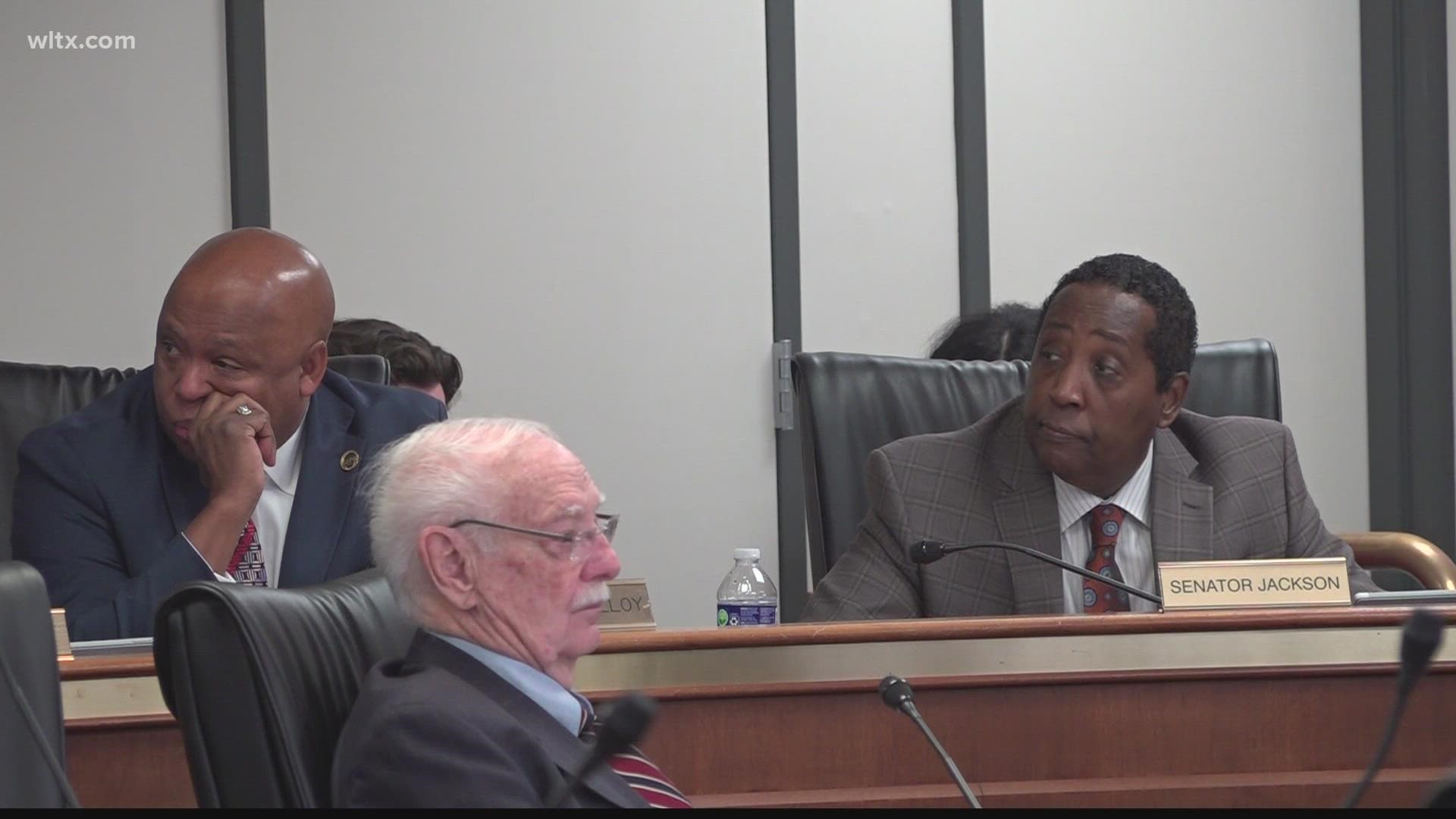COLUMBIA, S.C. — South Carolina Republican lawmakers are reviving conversations about school choice during this year's legislative session.
One bill they are focusing on is a program allowing parents to spend public money on private schools.
The "Put Parents in Charge Act," made it through the House and Senate last year, but the two chambers could not reach a compromise.
A Senate education panel on Thursday advanced legislation that would create "Education Savings accounts."
Under the proposal, children with special needs, or who qualify for Medicaid could receive up to $6,000 a year for educational expenses -- including tuition and fees at private schools, internet access, electronics, textbooks, and transportation.
"It really is sort of a private school option for children in poverty," said Senate Education Committee Chairman Greg Hembree (R-Horry).
Hembree said the bill does not directly take money from public schools and it caps enrollment in the program at 5,000 students in the first year.
"The most under this bill is 15,000 that can do it over time, when it's fully expanded," said Hembree. "That's only 2% of our public school kids."
The program could cost up to $90 million annually, depending on how many students participate and how much lawmakers allocate in the state budget.
"State budgets are finite, so if you're going to fund one thing, then you can't fund something else, so you can’t fully say there’s no impact," said Patrick Kelly with the Palmetto State Teachers Association.
Those who oppose the program, like Senate Minority Leader Brad Hutto, argue lawmakers should work on issues that impact all South Carolina children.
"It’s taken up so much of our time over the years. We need to focus on the number of children in the classroom, teacher pay increases, recruiting people to the teacher profession," said Hutto.
The bill also includes testing requirements to see if the vouchers improve student performance, which many teachers and lawmakers agree on.
"Meaningful accountability is necessary to empower families so families can make an apples to apples comparison to educational settings," said Patrick Kelly with the Palmetto State Teachers Association.
The bill now heads to the Senate floor for debate on Tuesday.

